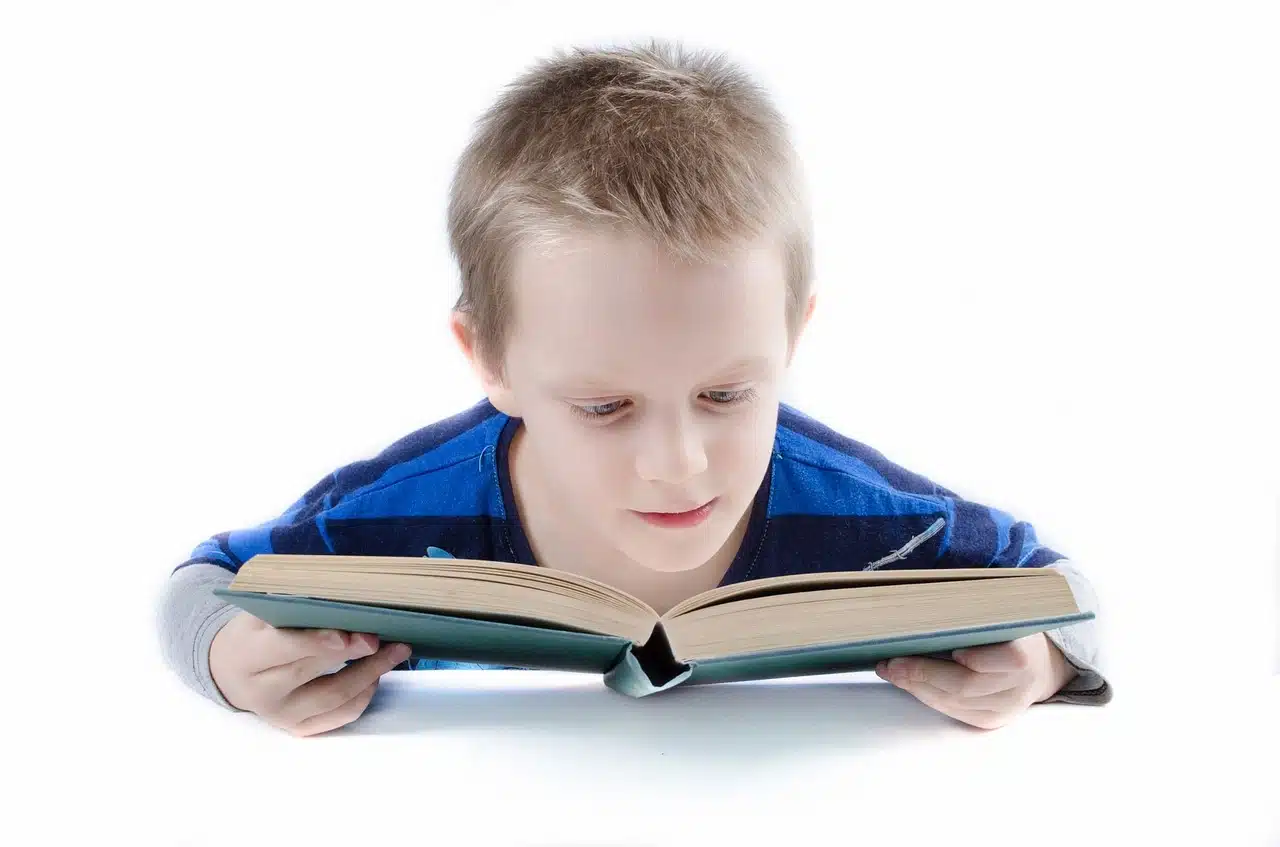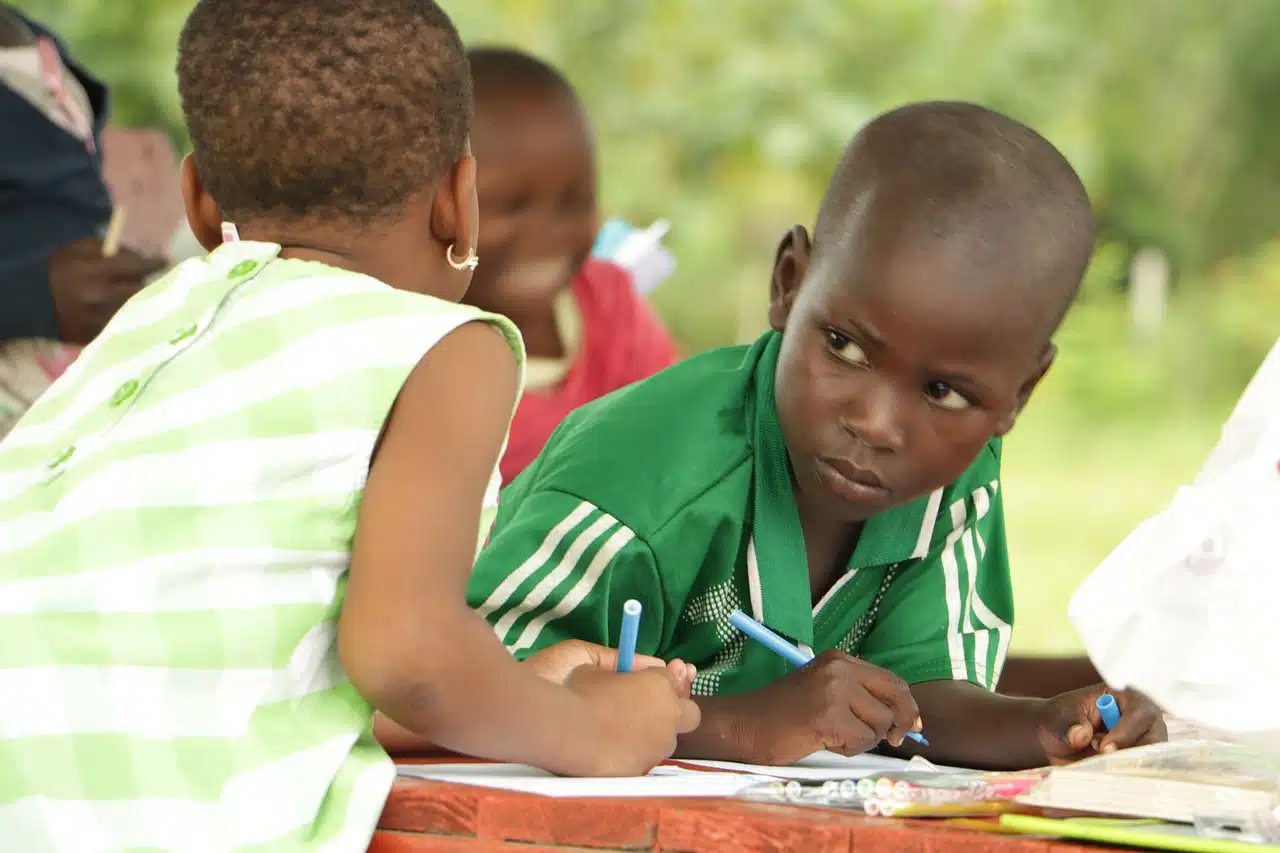
Critical pedagogy encourages the student to question what they are taught.
Critical pedagogy is a teaching proposal that encourages students to question and challenge the beliefs and practices taught to them. It consists of a group of theories and practices to promote critical consciousness .
It is important to consider that the concept of pedagogy derives from the ancient Greek word paidagogós , composed of paidos ( "child" ) and gogía ( "carry" or "drive" ). In its origins, the term referred to the slave who accompanied children to school . For its part, the word criticism also has its etymological origin in Greek. Specifically, we can establish that it emanates from the verb krienin , which is synonymous with “decide” or “separate.”
Over time, pedagogy came to refer to the body of knowledge that deals with education and teaching . There are those who consider that pedagogy is an applied science of a psychosocial nature, although others believe that it is knowledge or an art. There are different types of pedagogy, such as general pedagogy (referring to the universal questions of research and action on education), specific pedagogies (which systematize a specific body of knowledge according to different historical realities), traditional pedagogy and contemporary pedagogy .
Origins of critical pedagogy
There are many authors who have participated in the development and consolidation of critical pedagogy and among them is the Brazilian Paulo Freire . A figure who has become one of the most important thinkers and theorists of teaching and education of all time.
However, alongside him is also the American Henry Giroux , who is considered one of the fifty modern teachers and thinkers who have been most fundamental within educational theories and specifically the critical pedagogy that concerns us now.
And all this without forgetting, of course, the Canadian Peter McLaren , who has been chosen as one of the fathers of the aforementioned pedagogy. And, clearly influenced by the figure of Karl Marx and his philosophy, he has developed works and analyzes where he manifests himself totally and clearly against so-called capitalism.
Among the most interesting works of this author that allow us to know in depth his ideas and the pillars of critical pedagogy we find "Critical pedagogy and postmodernity" , "Critical pedagogy, cultural resistance and the production of desire" or "Towards a critical pedagogy of the formation of postmodern identity .

Critical pedagogy seeks to generate liberating responses, both individual and group.
Its development
Within the framework of critical pedagogy, the teacher tries to guide students to question practices that are considered repressive , in exchange for generating liberating responses at the individual and group level.
The first step of critical pedagogy is to get the student to question himself as a member of a social process (including cultural norms, national identity, and religion, for example). Once this is done, the student realizes that society is imperfect and is encouraged to share this knowledge to modify social reality .
